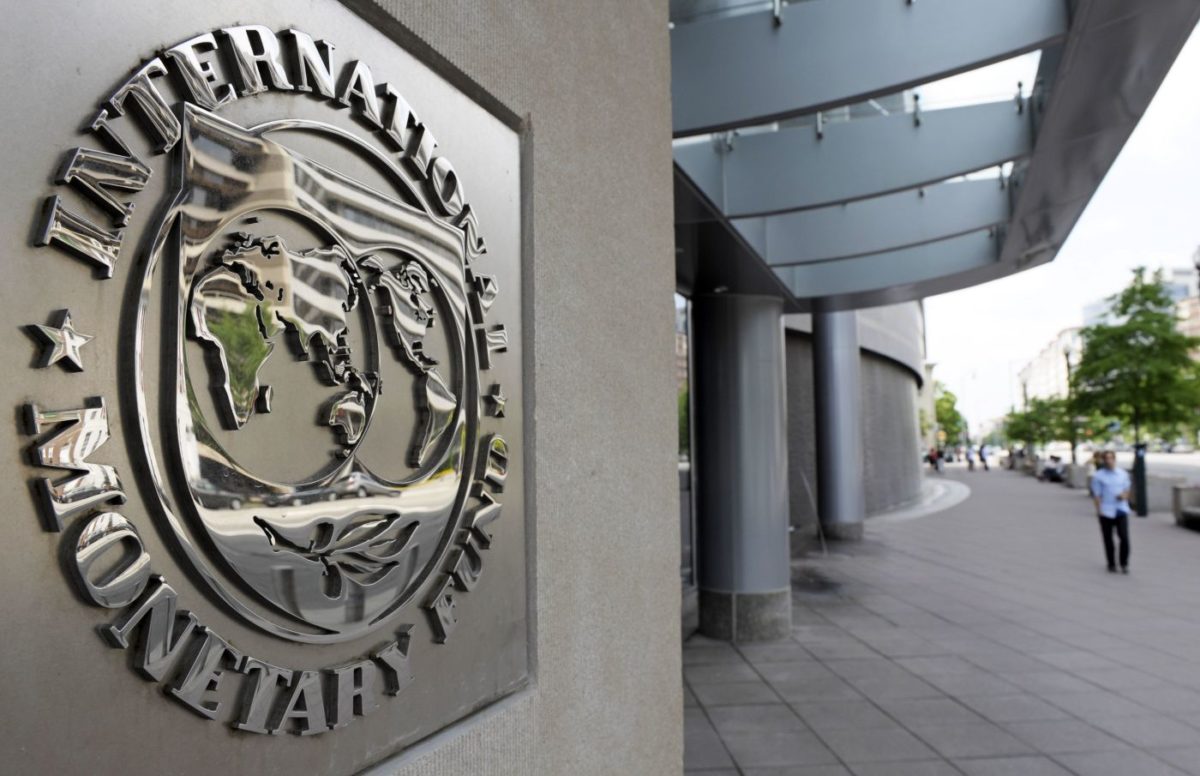Government’s growth strategy at risk from new UK audit regulations, argues new report
SUGGESTED

Matthew Lesh writes in The Daily Mail
Prof. Len Shackleton writes for CapX

If the government is serious about growth and investment, it should scrap proposed regulations of financial reporting and audit
- The government’s audit regulation proposals risk undermining the UK’s position as a world-class destination for investment.
- The regulations would be an astonishing intervention in the private sector. The government would: dictate the content of financial reports, require the ‘Big Four’ audit companies to reorganise, oblige FTSE350 companies to appoint government-selected auditors, and create a regulatory agency with arbitrary powers to veto companies’ strategic decision-making.
- The costs of the regulation would be £434 million a year (according to the Financial Times). But this figure underestimates the total cost, because it does not count the cost of additional uncertainty.
A new discussion paper, Accounts and Accountability, published today by the Institute of Economic Affairs, highlights the risks presented by the government’s planned regulatory interventions in the financial reporting and auditing market.
The proposals are the result of three government-led inquiries into the sector, following the failures of BHS in 2016 and Carillion in 2018. The inquiry findings and proposals were collected in the government’s 2021 consultation document Restoring Trust in Audit and Corporate Governance. In May 2022, the government published its response to the consultation.
Among other things, the government proposes to dictate the content of financial reports, require the ‘Big Four’ audit companies to undergo internal re-organisations, oblige FTSE 350 companies to appoint two audit companies, and create a regulatory agency with greater powers. As the author highlights, each proposal is harmful.
Government-mandated information production is sure to be inefficient. Companies already have a commercial interest in supplying investors with any information those investors value more than it costs to produce.
The proposal to force Big Four audit companies to further separate their audit and non-audit operations is based on a misunderstanding of the incentives created by integration and ignores the market disciplines faced by auditors.
The proposal to reduce audit market concentration by forcing FTSE 350 firms to appoint at least one non-Big Four auditor fails to appreciate the genuine benefits of scale in auditors. It also constitutes an outrageous intervention in the decision-making of private enterprises and a state mandated subsidy for second-tier auditing firms.
The paper concludes that an enlarged financial reporting regulator with stronger powers will increase legal uncertainty for businesses operating in the UK. Contrary to their intended effect, the government’s proposed regulations will make the UK a less attractive place in which to invest.
Commenting on the report, author and IEA fellow Dr Jamie Whyte, said:
“If the government wants to make the UK a more attractive destination for investment, it should not subject commercial enterprises to the arbitrary diktats of bureaucrats and politicians. The new administration has said it wants to cut unnecessary red tape on businesses. Reversing plans to increase business regulation is an obvious place to start.”
ENDS
Notes to editors
Contact: media@iea.org.uk, 07763 365520
IEA spokespeople are available for interview and further comment.
Accounts and Accountability: The UK Government’s misguided plans to regulate corporate reporting and audit is embargoed until 00.01 Thursday 29 September. An embargoed copy of the paper can be found here: https://iea.org.uk/wp-content/uploads/2022/09/Accounts-and-accountability_web.pdf
The mission of the Institute of Economic Affairs is to improve understanding of the fundamental institutions of a free society by analysing and expanding the role of markets in solving economic and social problems. The IEA is a registered educational charity and independent of all political parties.



